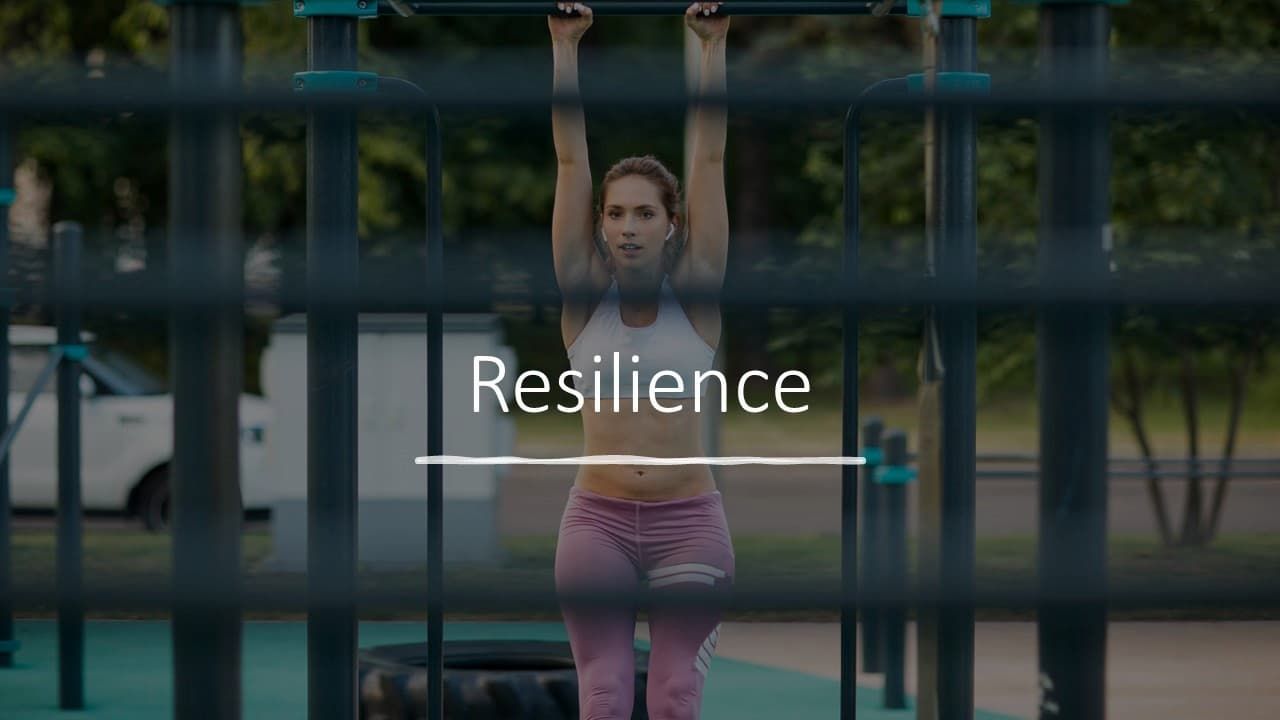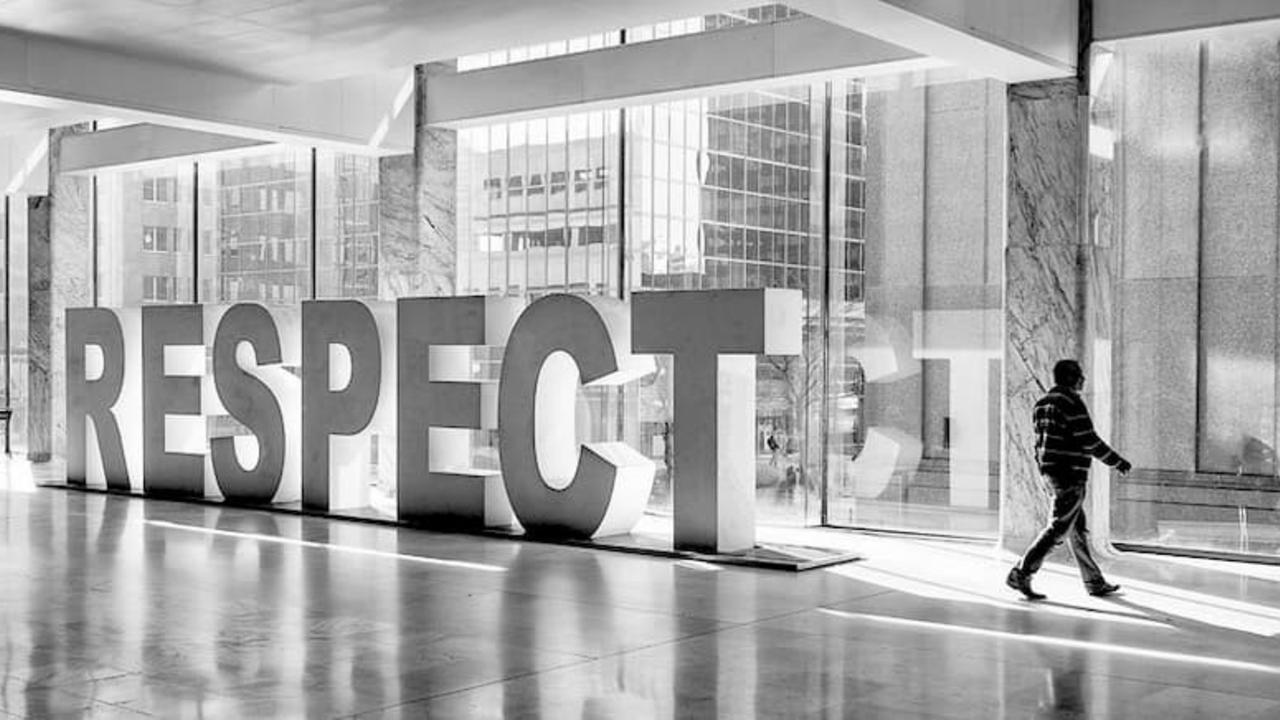Self-Leadership: Thriving in the Gig Economy
Apr 24, 2023
Speaking about Resilience
Apr 21, 2023
Are We Doing Leadership Wrong?
Apr 19, 2023
Mentoring - The Benefits, Skills, and Pitfalls
May 25, 2022
Forcing a return to work won’t fly!
May 05, 2022
The New Leadership Playbook
Apr 25, 2022
The Cost of Speaking Up – Conflict and Communication
Apr 13, 2021
Remote Work, here to stay or part of a Hybrid Model?
Feb 15, 2021
How not to be Passed Over for Promotion
Nov 05, 2020
Getting Respect – You are doing it Wrong!
Aug 17, 2020













